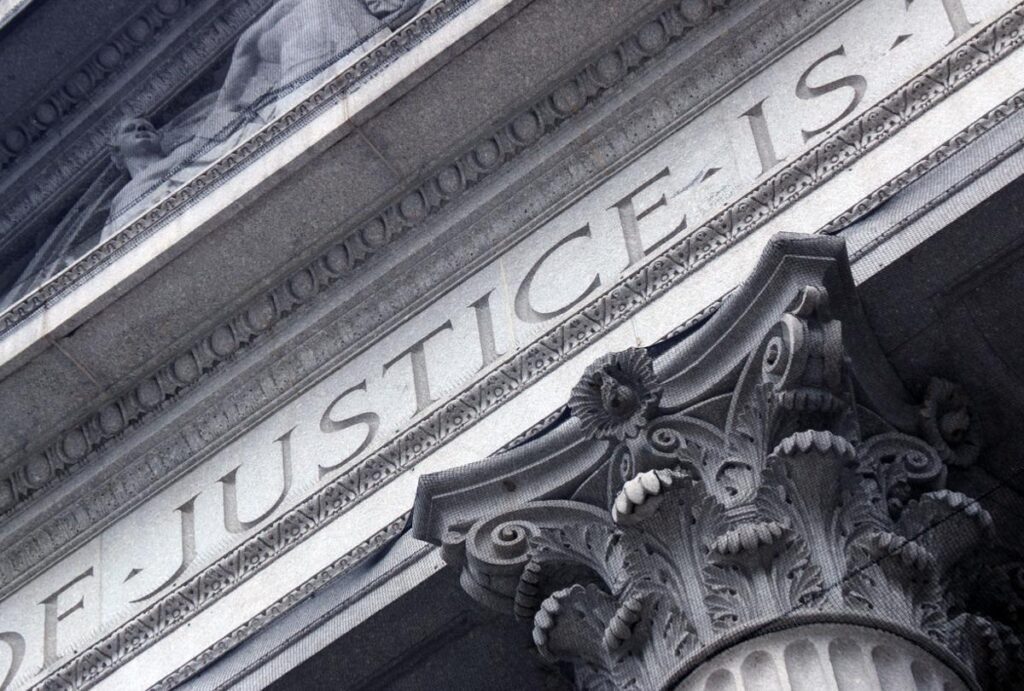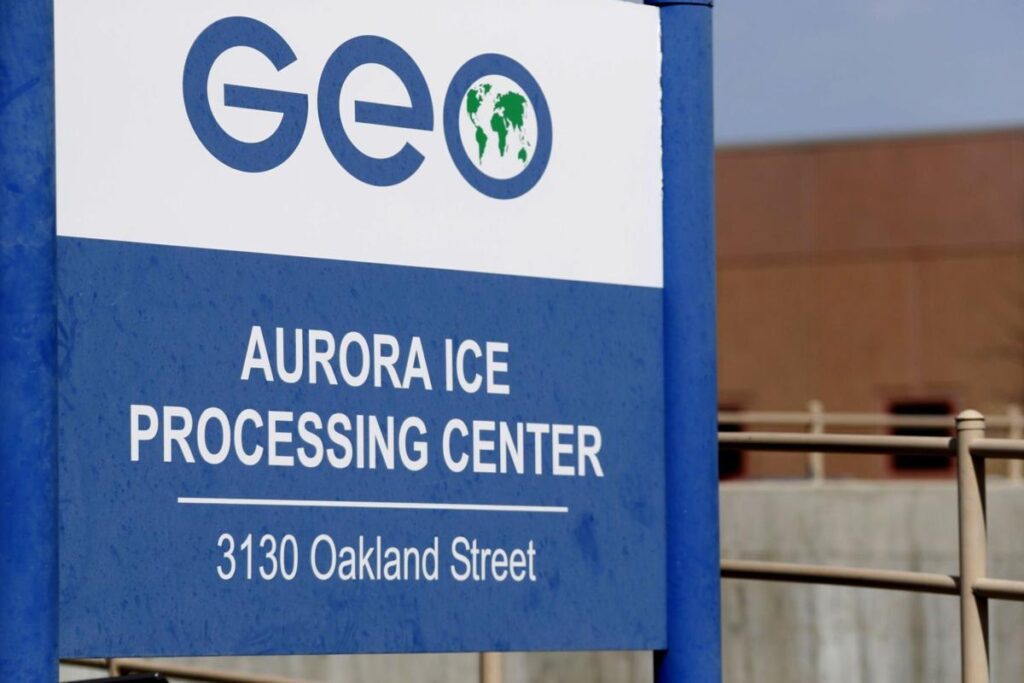Federal judge rejects Jeffco sheriff’s attempt to immediately appeal ruling on detainee’s death
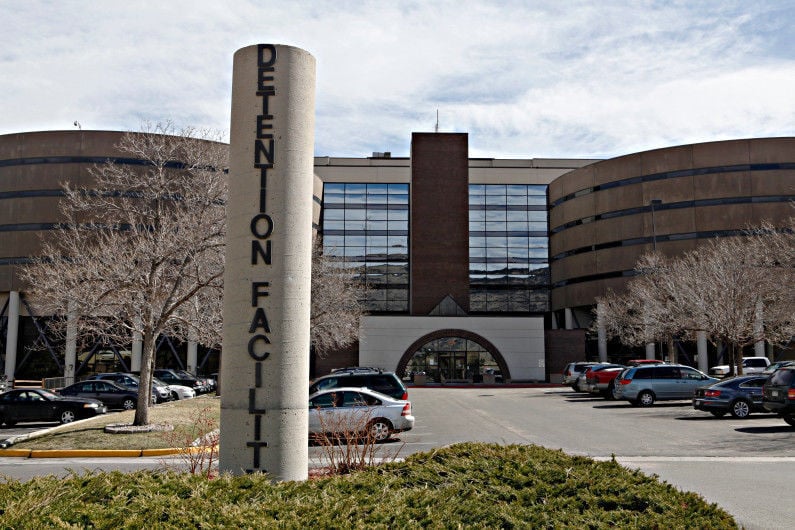
GOLDEN, CO - March 09: The Jefferson County Detention Facility, also known as the Jeffco jail, in Golden, Colorado on March 9, 2016. The detention center is designed to accommodate approximately 1,300 inmates in minimum to maximum-security units and houses both male and female detainees in separate housing modules. (Photo by Katie Wood/The Denver Post)
Katie Wood
A federal judge has refused to endorse the Jefferson County sheriff’s request to immediately appeal a claim brought against her for a detainee’s death, allegedly caused by the constitutional violations of the jail’s private medical provider.
Earlier this year, U.S. District Court Judge Charlotte N. Sweeney permitted a lawsuit to proceed against contractor Wellpath. She explained the company’s own policies and its employees’ failure to properly treat Abby Angelo’s illness in the Jeffco jail amounted to violations of her constitutional rights, if proven true.
Sweeney further concluded Sheriff Reggie Marinelli, as a stand-in for the county, could be held liable for Wellpath’s constitutional violations under the theory that the sheriff could not delegate to a third party her ultimate obligation to provide adequate medical care. The principle that governments cannot contract out their responsibilities and avoid legal liability is known as the “non-delegable duty doctrine.”
Marinelli quickly moved to appeal Sweeney’s conclusion to the U.S. Court of Appeals for the 10th Circuit, arguing the appellate court has never adopted the doctrine and it should have the chance to clarify whether it is a valid legal theory.
On Nov. 15, Sweeney declined to give her blessing to Marinelli’s request for a mid-case appeal. Sweeney acknowledged the 10th Circuit has not “formally ruled” on whether to accept the non-delegable duty doctrine, but there was seeming consensus elsewhere that local governments may be held liable when they delegate their authority to a contractor who acts unconstitutionally.
“No circuit court has rejected the nondelegable duty doctrine as an acceptable avenue for municipal liability in the context of counties delegating their duty to provide adequate medical care to private prison health care providers,” she wrote. Therefore, “there is no substantial ground for difference of opinion.”
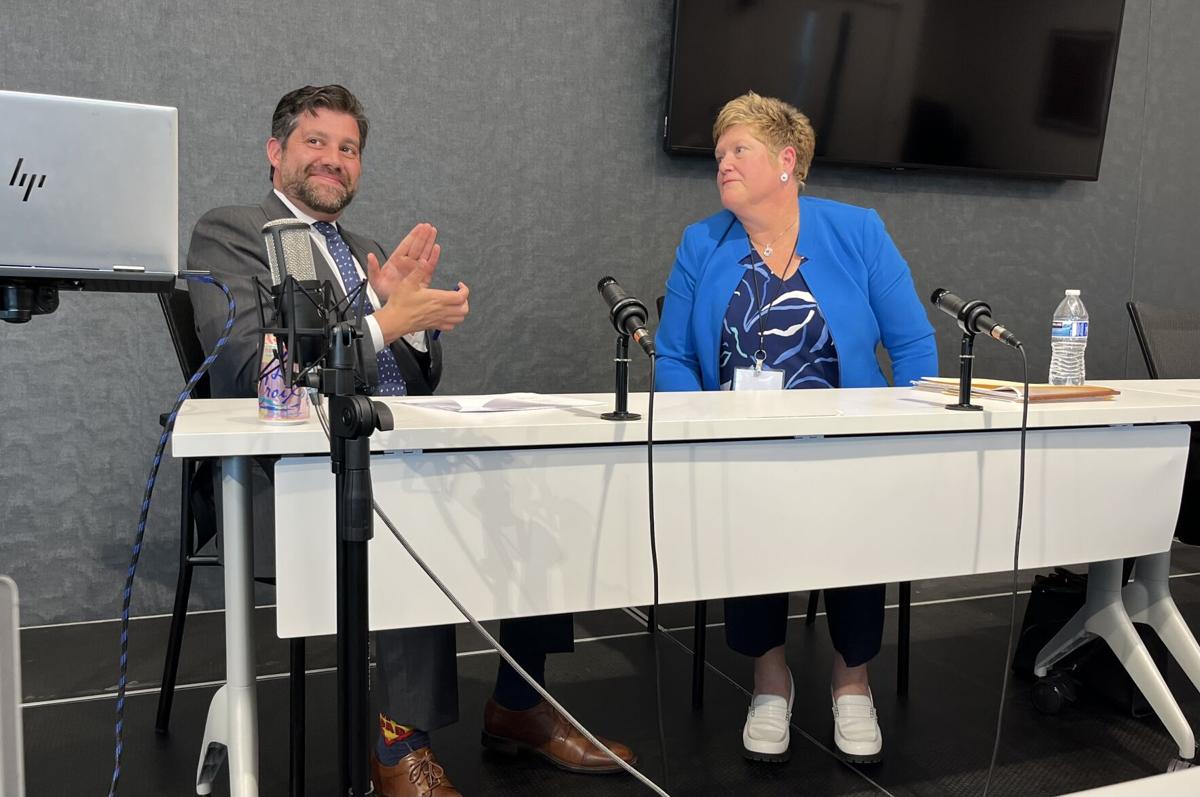
Attorney David Gartenberg applauds for U.S. District Court Judge Charlotte N. Sweeney at a legal event in Denver on July 21, 2023.
Michael Karlik michael.karlik@coloradopolitics.com
In the underlying case, Angelo entered the Jeffco jail on June 19, 2021 following her arrest. Nine days later, deputies found her unresponsive. Her cause of death was allegedly tricuspid valve endocarditis, a heart infection that may not have been fatal had Angelo received antibiotics or even surgery.
Angelo’s surviving child and her mother sued Wellpath, as well as the five nurses who interacted with Angelo in the days leading up to her death. The plaintiffs alleged the defendants were liable for failing to provide medical care in violation of Angelo’s constitutional rights, as well as negligence and wrongful death.
Sweeney largely sided against the defendants in their attempt to dismiss the lawsuit. Among other things, she found the allegations sufficient that Jeffco contracted with Wellpath to provide medical care at the jail, subjecting Marinelli to liability for any unconstitutional policies by the company.
Marinelli then asked Sweeney to certify an immediate appeal to the 10th Circuit. She argued circuit courts around the country disagreed about the validity of the non-delegable duty doctrine and that an answer from the Denver-based appeals court would apply to at least 10 other cases currently pending in Colorado.
Although federal judges in Colorado have predominantly backed the idea that local governments may be held liable for their contractors’ unconstitutional practices, Marinelli cited the one judge who has separated himself from the pack.
In a pair of orders in March and July, both involving plaintiffs who suffered illness or death in jail, U.S. District Court Judge Daniel D. Domenico rejected the idea that counties are “automatically liable for any unconstitutional actions that a contractor might take.”
Domenico, a rumored candidate for the 10th Circuit under a Republican administration, suggested instead that a government may be liable if it “knowingly takes on a risk that its contractor is likely to violate constitutional rights.”
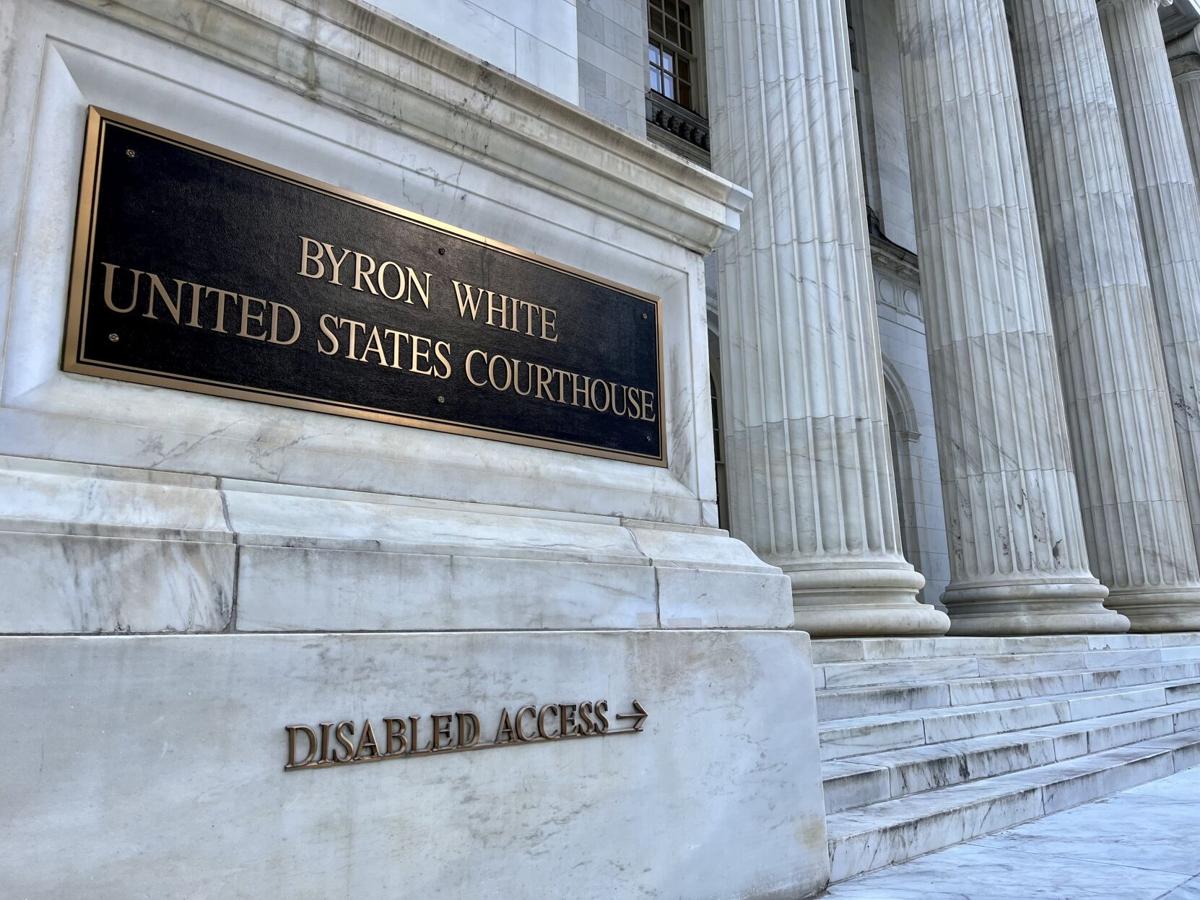
The Byron White U.S. Courthouse in downtown Denver, which houses the 10th U.S. Circuit Court of Appeals.
colorado politics file
The plaintiffs in Angelo’s case responded that Domenico’s beliefs aside, the “overwhelming body of law” in Colorado, plus other circuit courts’ approval of the non-delegable duty doctrine, provided no basis to immediately ask for the 10th Circuit’s intervention.
Sweeney agreed that Marinelli’s request did not meet the criteria for a detour to the appeals court. In addition to finding a consensus among other courts, Sweeney noted an immediate appeal would still mean the claims against Wellpath would move forward.
And if the 10th Circuit ultimately agreed with her, she added, “litigation would be complicated by an appeals process with the same result as in the original order.”
The case is Estate of Angelo et al. v. The Board of County Commissioners et al.
Colorado Politics Must-Reads:





